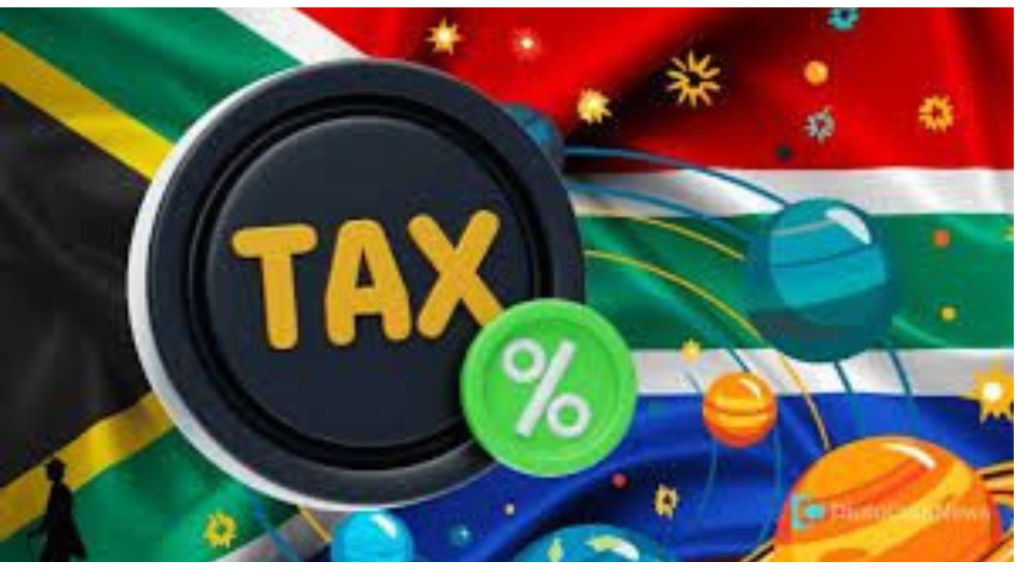On December 22, 2023, the South African Revenue Service (SARS) announced new guidelines aimed at clarifying the tax obligations for individuals and corporations engaging with cryptocurrency. This move aligns with global trends to enhance tax compliance in a rapidly evolving digital currency landscape.
The guidelines come in response to the significant rise in cryptocurrency usage among South Africans, with over 5.8 million individuals reportedly holding crypto assets. As part of these new measures, SARS plans to adopt the OECD’s Crypto-Asset Reporting Framework (CARF), which aims to standardize the collection and exchange of tax information related to crypto transactions. This initiative is designed to address the challenges posed by the anonymity of crypto transactions, which can complicate tax reporting and compliance.
The announcement was made by SARS Commissioner Edward Kieswetter, who emphasized the importance of accurate reporting of crypto assets to ensure that all taxable activities are properly declared. The introduction of these guidelines aims to strengthen revenue collection efforts amidst the booming crypto market in South Africa.
SARS intends to implement these guidelines nationwide, leveraging advanced technologies such as artificial intelligence and machine learning to identify taxpayers who may not be complying with their reporting obligations. The agency will work closely with local crypto exchanges and international tax authorities to monitor transactions and holdings, ensuring a comprehensive approach to tax compliance.
The new tax framework requires all individuals and businesses engaged in crypto transactions to disclose their activities on tax returns. This includes reporting gains from crypto trading, even if those assets have not been converted into fiat currency. Failure to comply may result in severe penalties, including fines and potential imprisonment.
These new guidelines signify SARS’s proactive approach to adapting to the growing complexities of cryptocurrency taxation. By aligning with international standards, South Africa is taking significant steps towards enhancing tax transparency and compliance in the digital economy.




















